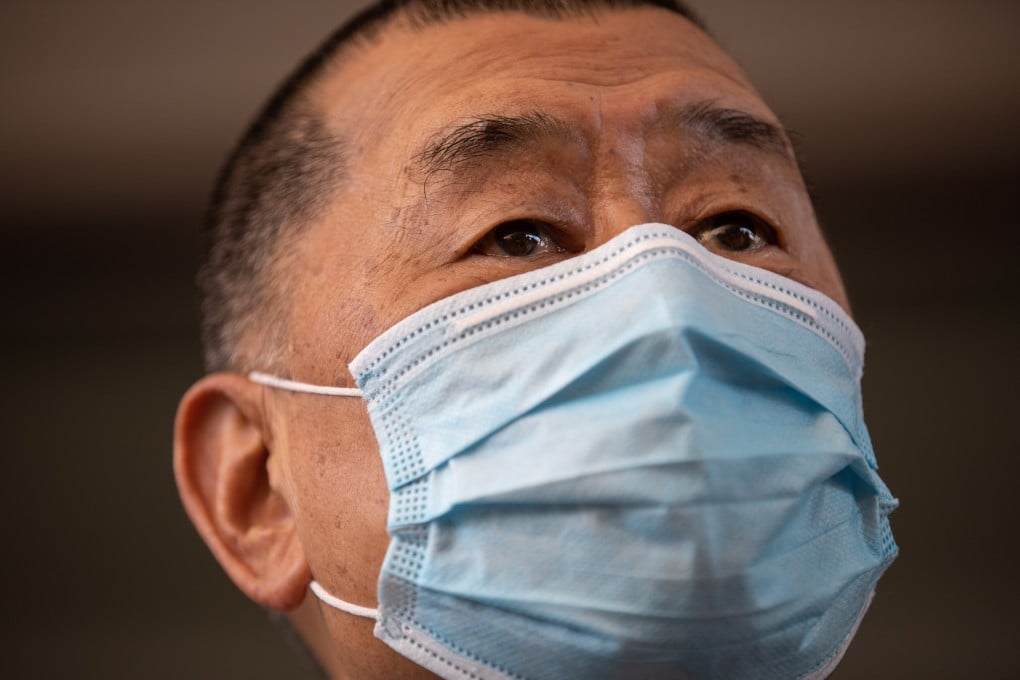Hong Kong protests: Jimmy Lai jailed for 14 months over role in 2019 illegal rally, while co-defendants receive up to 18 months
- The 10 defendants, including Figo Chan and Albert Ho, deliberately chose to break the law and challenge public order, judge finds
- Despite two of the defendants receiving suspended sentences, critics call the punishments excessive and an attempt to discourage protesting

District Court judge Amanda Woodcock said the defendants made conscious decisions to break the law and challenge public order during a volatile period in society, adding “actions have consequences for everyone irrespective of who they are”.
“They did call for a peaceful, rational and non-violent procession but how naive and unrealistic was that considering what was happening on a daily basis was the opposite,” Woodcock said, noting that petrol bombs were also thrown along or near the procession route, and other acts of criminal damage, arson and violence were captured on video.
After she handed down the sentences, Woodcock’s office received three phone calls carrying intimidating and insulting messages directed at her and her family, a police source told the Post, adding no caller identifications were shown.
A force spokesman later confirmed a report was made at about 3.30pm seeking assistance over the calls and the Wan Chai district crime squad was investigating the case as possible criminal intimidation.
The Department of Justice said late on Friday night that judges executed their powers strictly in accordance with the law, and the government had zero tolerance for any acts that undermined the rule of law. The judiciary said it was highly concerned about the incident and that any attempt to exert undue pressure on judges was reprehensible.